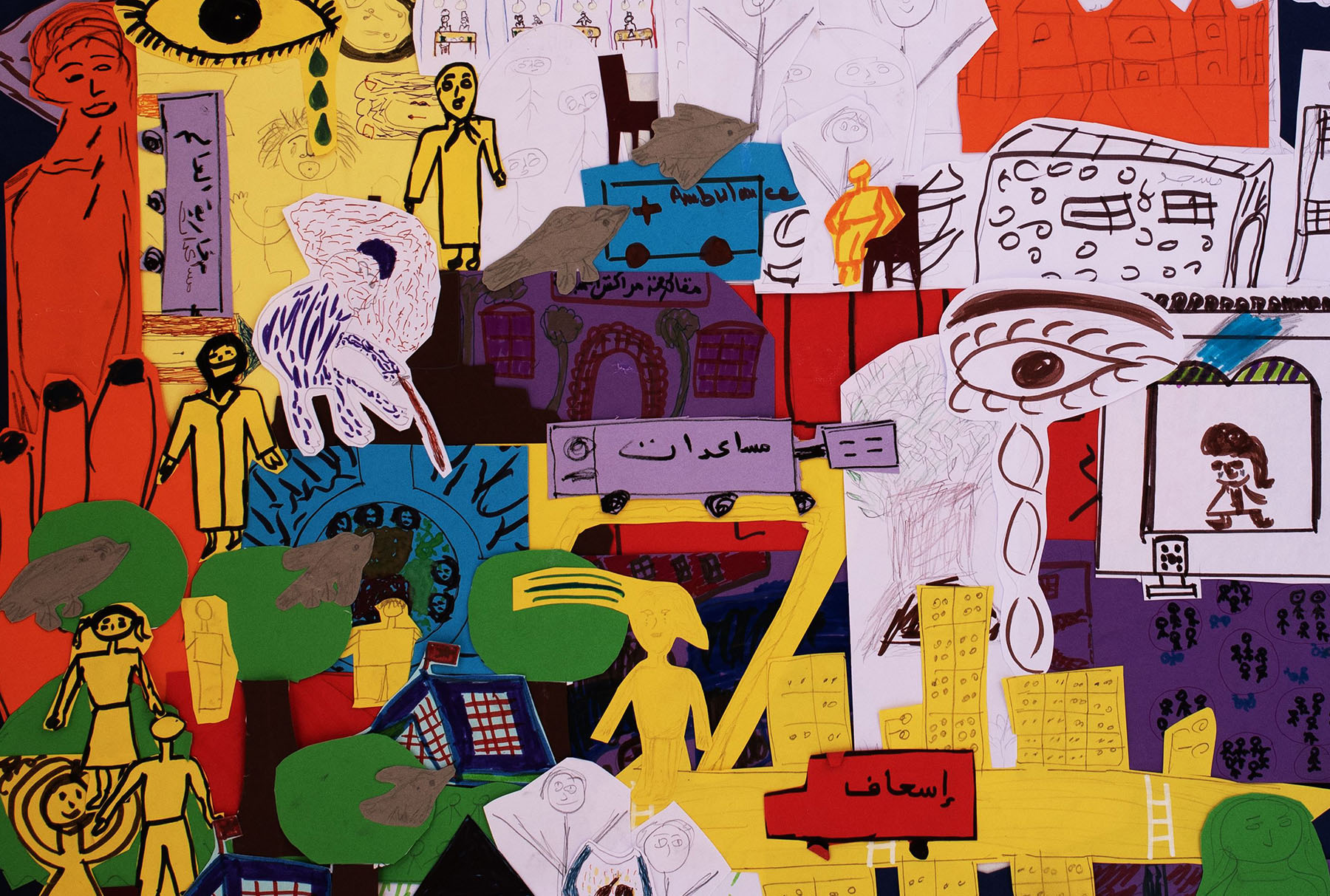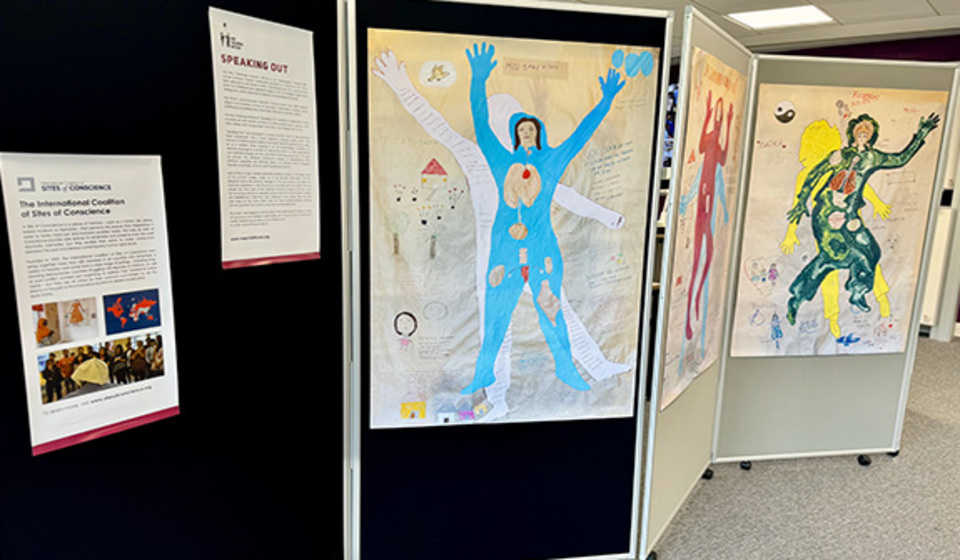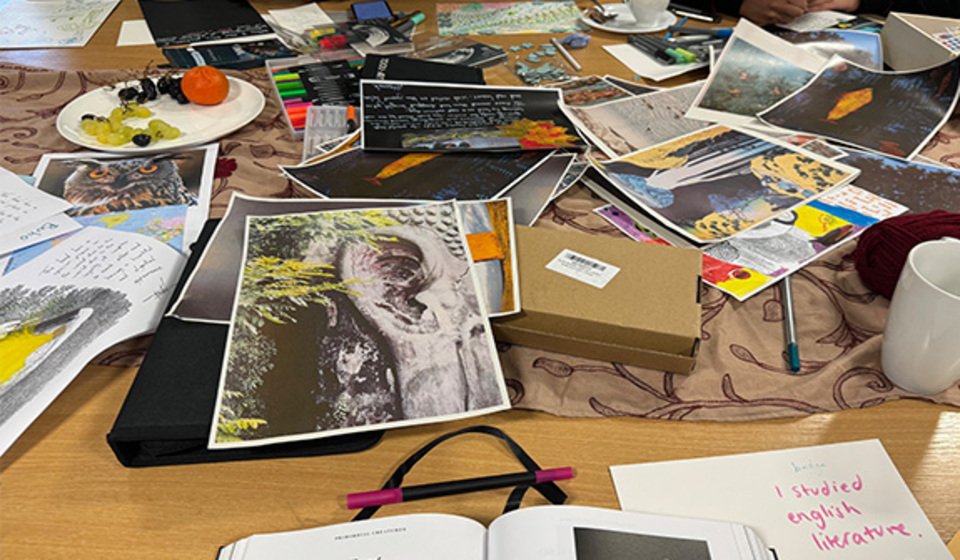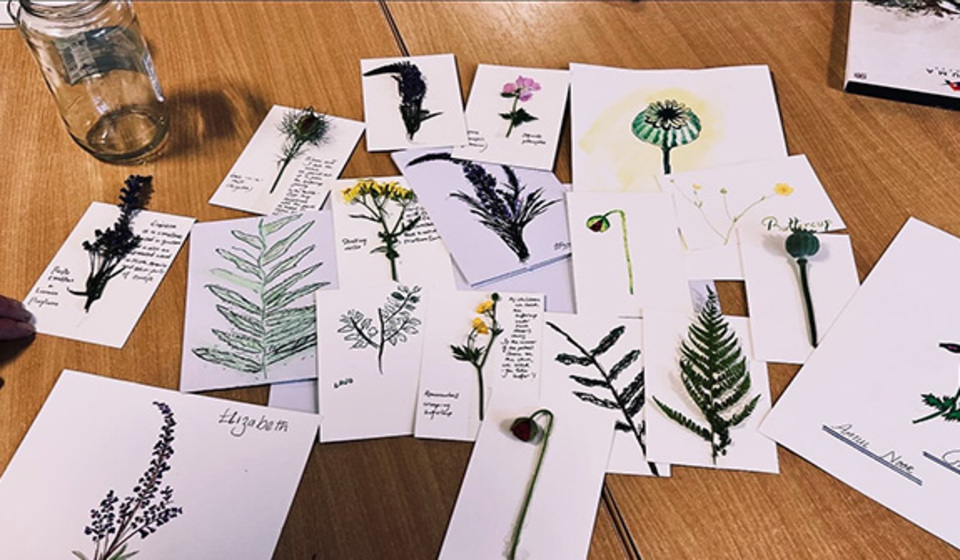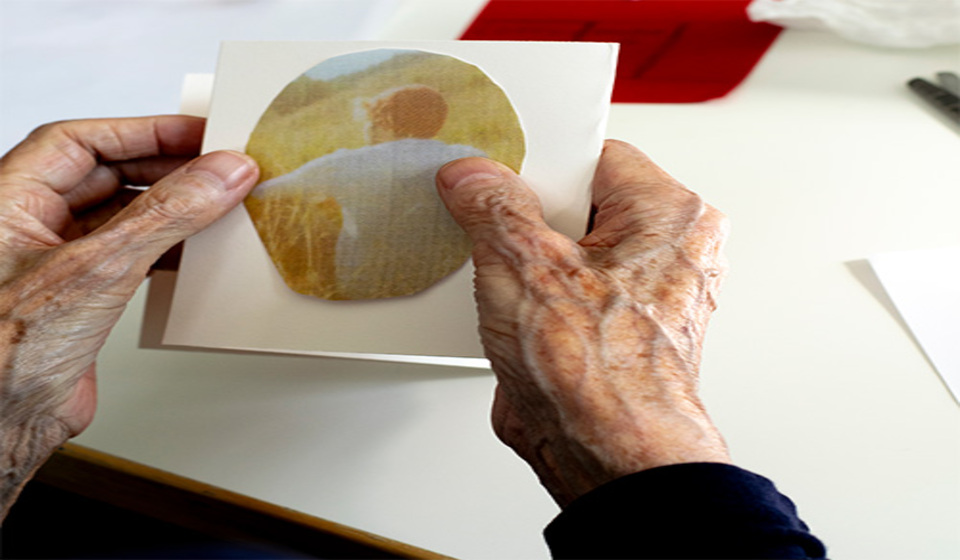Research Impact and Engagement
Newcastle University's research community works with chosen partners to create meaningful change.
Collaborating for change
Our research crosses boundaries. Our researchers embrace collaboration, helping make a difference to people and communities, both locally and globally.
We work with diverse partners to address the critical, social, cultural, and environmental challenges that inform our research work.
Our partners include:
- community groups
- NGOs
- artists
- educators
- policymakers
- cultural institutions
Our projects drive meaningful change, fostering vibrant dialogue and promoting visibility. Explore some of our recent work below.
Some of our impact highlights
- Increasing knowledge: 70% of audience members surveyed said that they learnt something new by attending Earth in Crisis, a Chinese Eco-documentary UK Tour.
- Strengthening collaboration: Through the Europe at War: Chaves Nogales exhibition we fostered closer relations with the University of Seville.
- Institutional influence: Our language and gender inclusivity guide is now a university-wide resource.
- Inspiring the next generation: Our language resource digital mentoring project helped year 13 students explore exciting new aspects of language learning.
Earth in Crisis: Chinese Eco-documentary UK Tour
In November 2019, the Chinese Independent Film Network UK (CIFNUK) curated 'Earth in Crisis: Chinese Eco-documentary UK Tour'.
Dr Sabrina Qiong Yu led this AHRC-funded project on Chinese independent cinema. The tour showcased a series of Chinese eco-documentary films. These films foreground the growing ecological emergency that our planet faces.
The tour ran from 7–21 November 2019 and hosted three award-winning independent filmmakers from China:
- Wang Jiuliang
- Fan Jian
- Wang Lib
Their films were presented to a UK audience:
- Plastic China (2017)
- The Next Life (2011)
- A Second Child (2019)
- Oh, the Sanxia (2013)
With its persistent effort to promote Chinese independent films in the UK, CIFNUK has made an important breakthrough. It hosted screenings and Q&A discussions at six arthouse cinemas, across five cities:
- Tyneside Cinema, Newcastle
- Home, Manchester
- Showroom, Sheffield
- Lakeside Arts, Nottingham
- Phoenix Cinema and Bertha DocHouse, London
- University of Edinburgh
The majority of responses from audience members were very positive, such as:
- surprise and enlightenment at having learned something new
- shock and sadness at the subject matter
- interested in or informed by the films and subsequent discussions
70% of audience members surveyed said that they learnt something new by attending Earth in Crisis.
During November 2019, there were another two external film festivals at Tyneside Cinema:
- London East Asian Film Festival
- UK Jewish Film Festival.
CIFNUK attracted 3.2 times more people than the other two festivals combined, delivering 2.1 times more revenue.
Europe at War: Chaves Nogales exhibition
The exhibition ‘Europe at War: Chaves Nogales – Spanish Journalist and Exile 1917–1944’ was displayed at Newcastle University’s Long Gallery (10–21 February 2020).
It honoured the life and work of Spanish journalist, Manuel Chaves Nogales. Nogales refused to take an extreme ideological position during the Spanish Civil War (1936–1939). He also warned against the growth of totalitarianism across Europe.
This was a collaborative exhibition between the University of Seville and the Newcastle City Library. Its purpose was to bring to light Chaves Nogales' pioneering journalistic work. Nogales travelled extensively throughout Europe. He was one of the first foreign correspondents to report on events taking place in Russia in the immediate aftermath of the 1917 revolution. He also wrote about his experience of exile, first in Paris and then in London, until his death in 1944.
Dr Jorge Catalá Carrasco from SML co-organised the exhibition. It presented never seen before articles, published in 1939 for the Newcastle-based North Mail. These articles described the dramatic siege of Madrid.
This collaboration has strengthened links with the University of Seville, fostering closer relations.
Language and gender inclusivity resource
In 2018, Dr Pauline Henry-Tierney suggested creating a university-wide language and gender resource. Two successful rounds of funding later, our ‘Language and gender inclusivity guide' was born.
This guide is available on the university’s EDI page. Project leader, Dr Anne-Charlotte Husson, collaborated with Dr Henry-Tierney and student intern, Siân Dickie.
This project explores gender through language, as well as different ways in which language is gendered. It is based on contributions from over 100 participants from across Newcastle University. Its goal is to facilitate informed and respectful conversations about gender.
We translated an abridged version into:
- simplified and traditional Chinese
- Arabic
- French
- Spanish
More avenues are now being explored, such as:
- adding more languages (Malay, Hindi, Japanese, and German)
- embedding the resource into SML’s language teaching
- using it as a tool for staff and student induction/training
Language resource digital mentoring pilot project
The project, run by the Language Resource Centre (LRC), was a semester-long scheme involving:
- a student language ambassador
- North East Local Enterprise Partnership (NELEP)
- Churchill Community College (a school with high levels of disadvantage)
The trial also looked at:
- the feasibility of available technology
- safeguarding issues
- obstacles to delivering such engagement
The objective was to share knowledge of Hispanosphere culture and language with thirteen Year 8 pupils. It used an online peer-to-peer approach, with the aim of encouraging them to take the EBacc in the future.
We combined this approach with a:
- class visit to the LRC
- series of online sessions
- showcase of activities by the pupils at the school to other staff, parents and visitors
There were four online sessions:
- Broadening Horizons: Why study Spanish?
- Spanish in mainstream culture and its influence
- Spanish traditions and celebrations
- Where can Spanish take you?
The project allowed pupils to:
- explore other aspects of language learning that are not always readily available in the classroom
- have contact with degree students
- develop their oracy skills in a formal setting
There were very few costs involved in the project. The equipment was high-tech, but readily available in the school.
The head of languages from Churchill Community College stated: “It is clear now, having returned to normal lessons, that those students who took part in the project have a greater thirst for language learning. This is more noticeable now that they are among the group of students who did not take part."
Student Language Ambassador: Phil Etchells
LRC Lead: Holly Pennal
those students who took part in the project have a greater thirst for language learning
Learn more about our research
If you're interested in learning more about research in the School of Modern Languages, you can find information about some of our research projects below.
You can also explore some of our research areas and expertise.
Collaborate with us
If you would like to collaborate with us on your research project, email us at SML.Research@ncl.ac.uk
